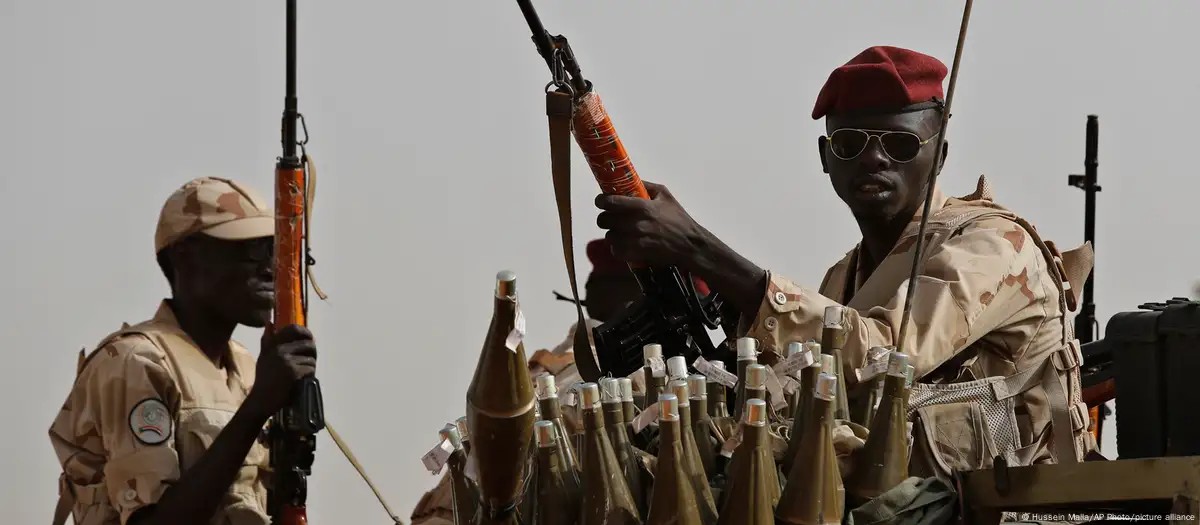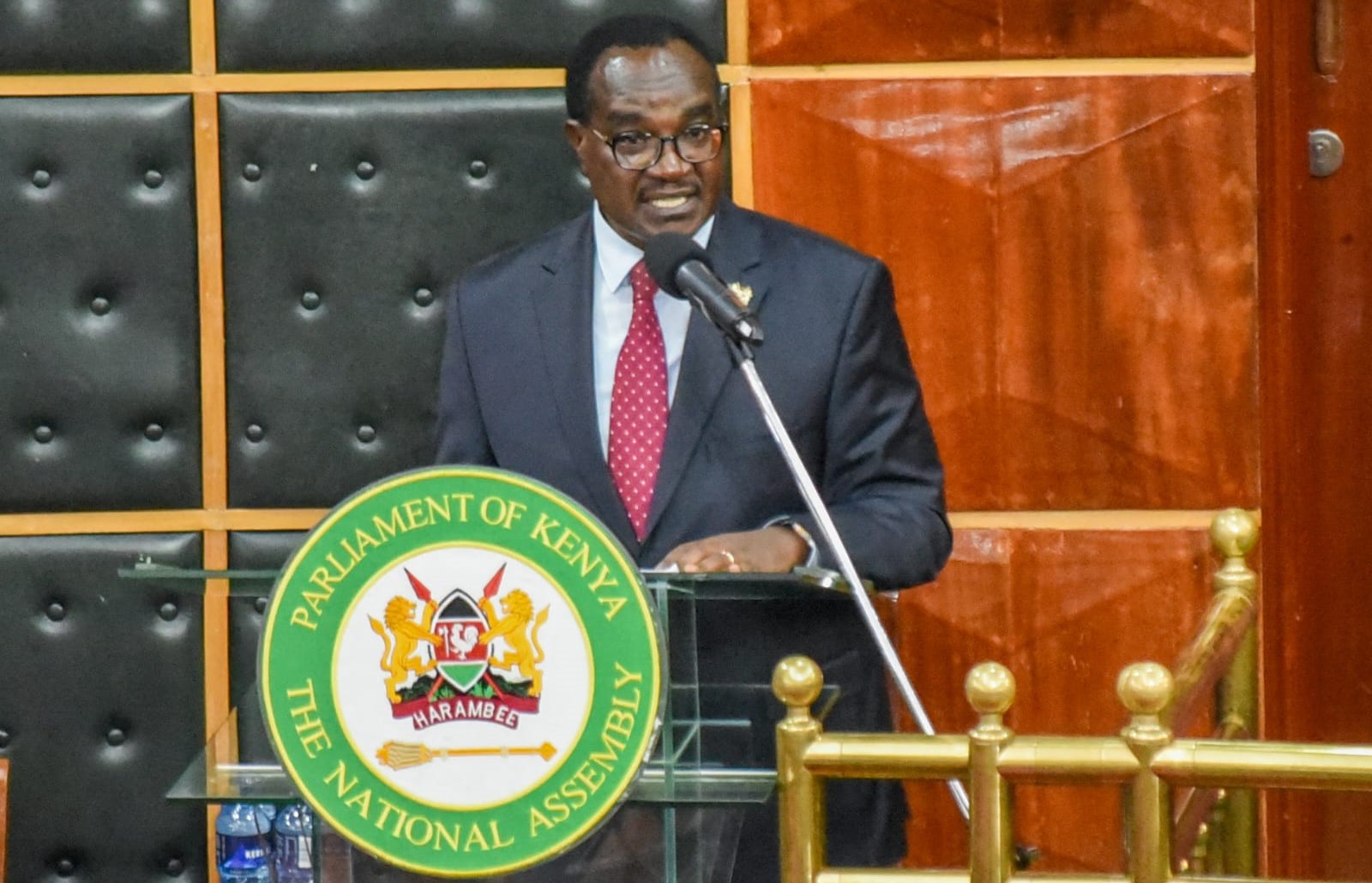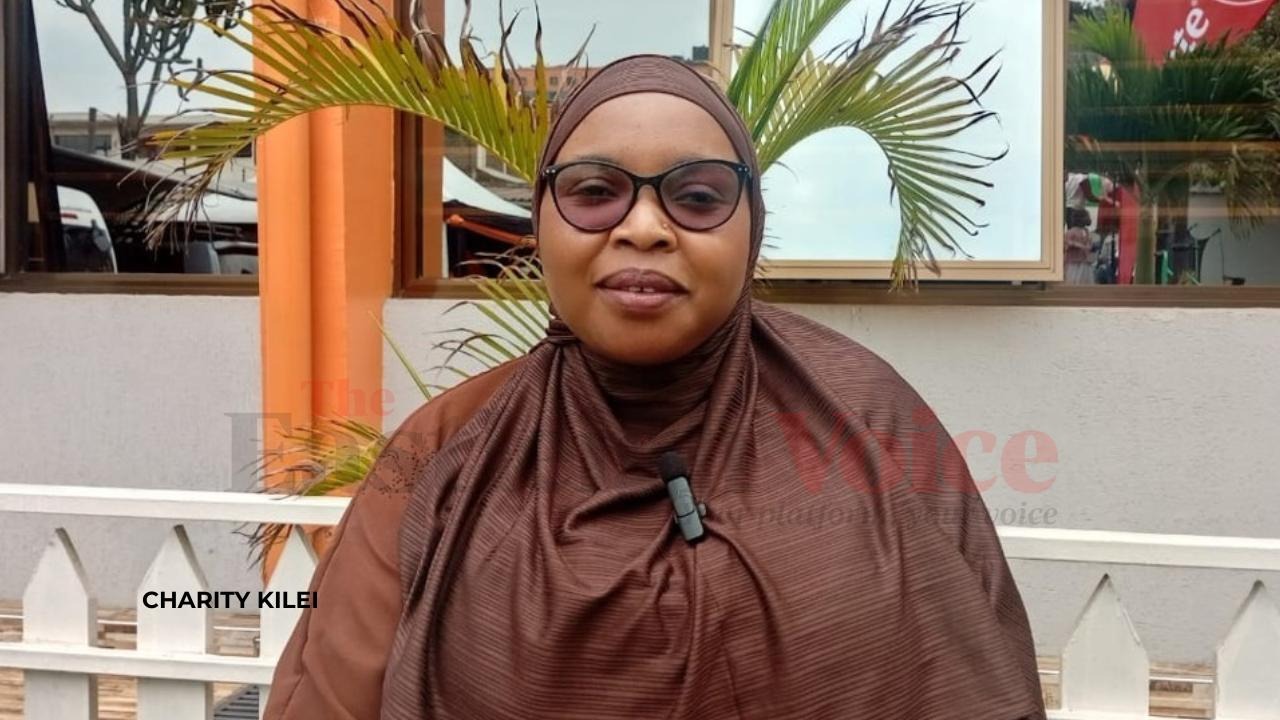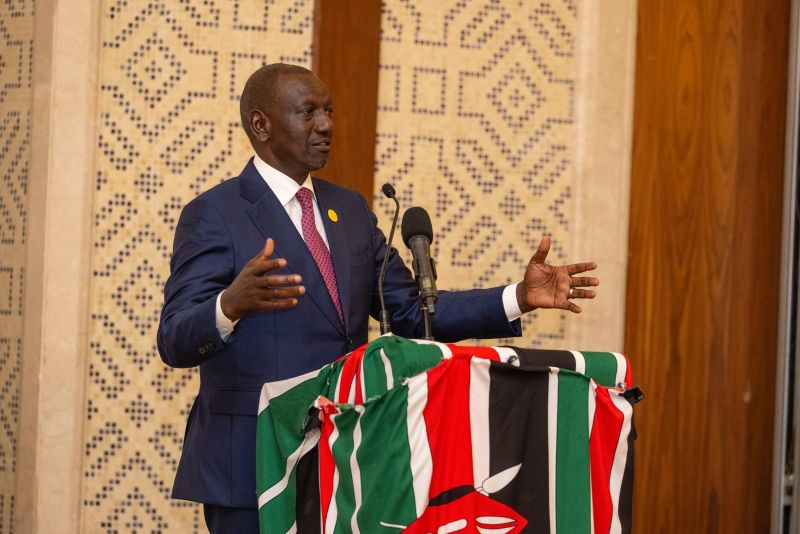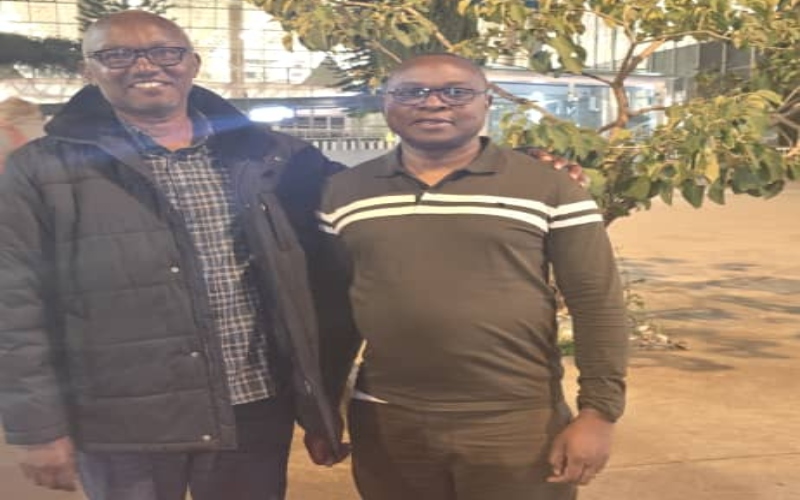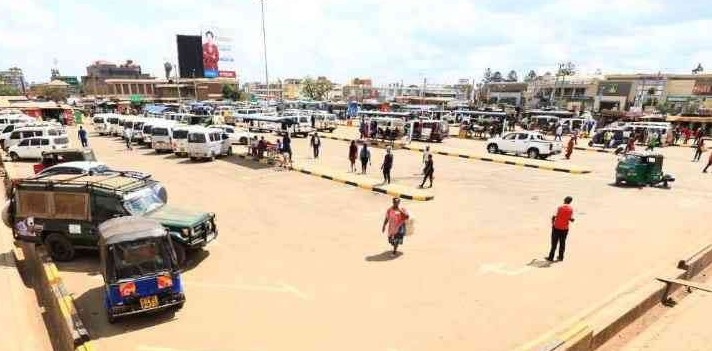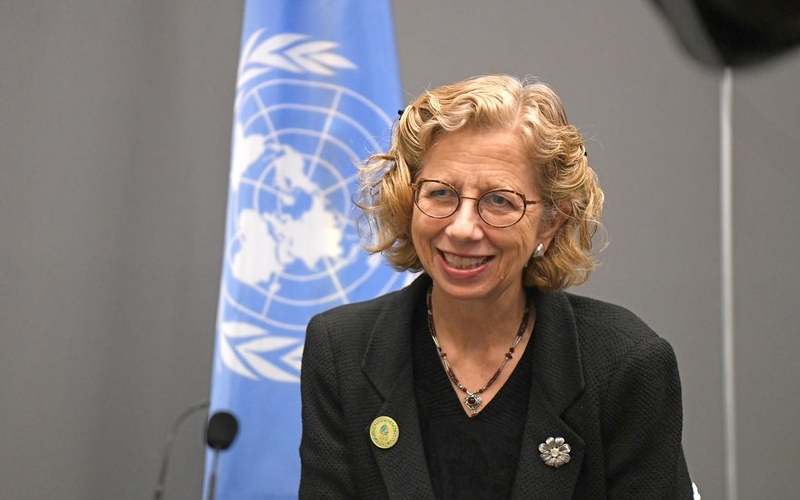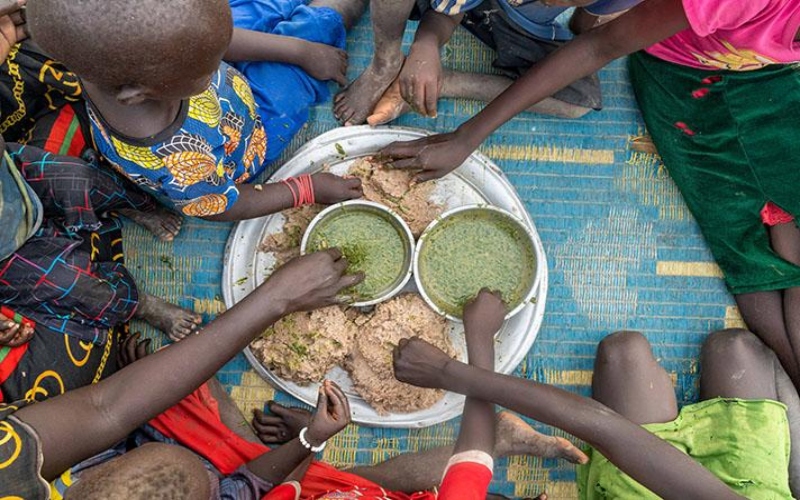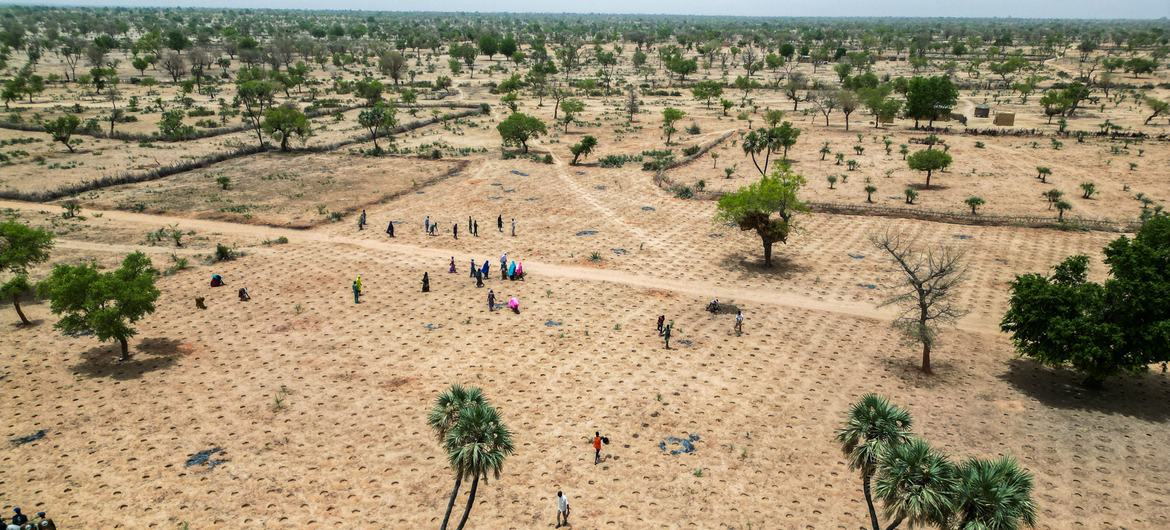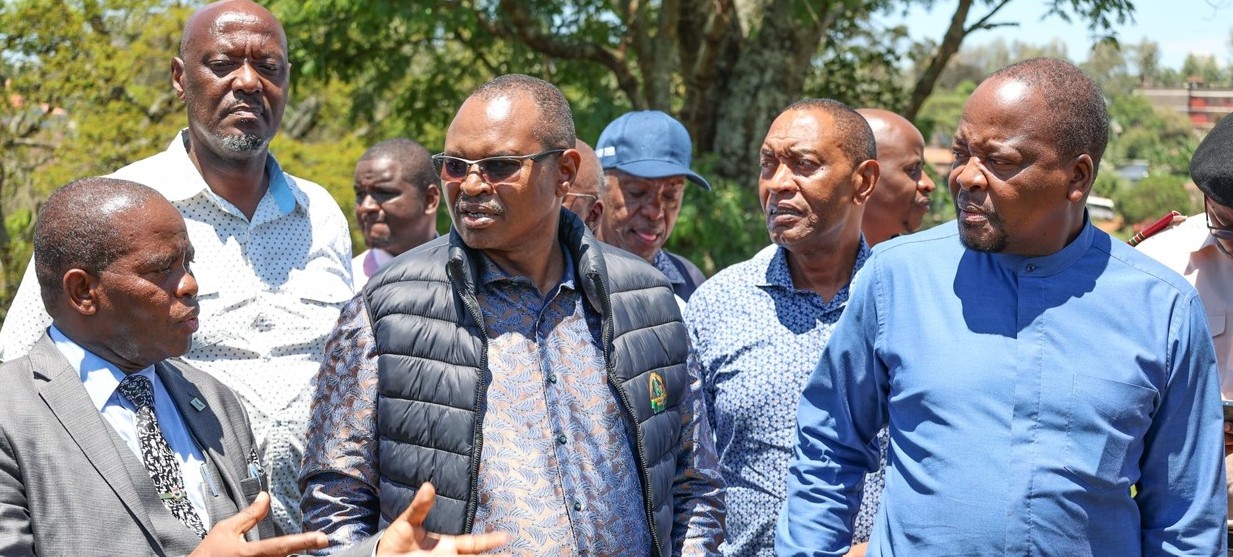Kwale, Taita Taveta counties call for equitable share of park revenues
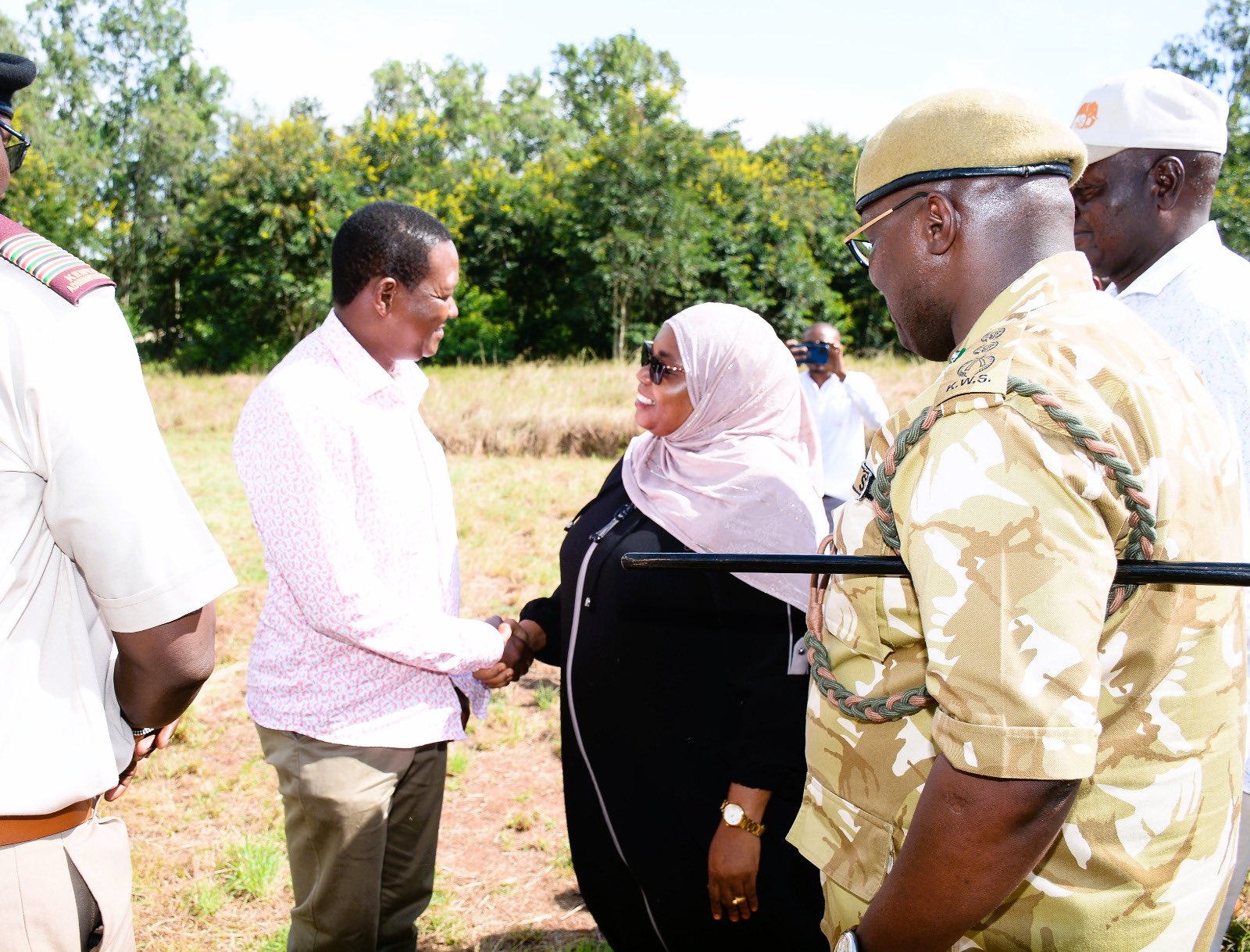
Tourism and Wildlife CS Alfred Mutua revealed that President William Ruto will soon launch the compensation plan, previously halted in 2020, to provide swift compensation to human-wildlife conflict victims.
Kwale and Taita Taveta counties are now advocating for equitable distribution of revenues, urging the government to expedite the transfer of funds received annually from the parks and reserves in their respective counties.
With both regions hosting parks and national reserves, the two devolved units are pressing for parity in revenue allocation.
More To Read
- Kwale gears up for International Cycling Event, eyes tourism boost
- 11 dead as plane crashes shortly after takeoff in Diani, Kwale
- Isiolo County unveils 10-year land use plan to curb insecurity and human–wildlife conflict
- Kwale’s marginalised communities seek recognition, fair treatment
- KWS rescues cheetah cub raised by woman in Garissa
- Taita Taveta leaders push for women’s land rights, economic empowerment
They noted this call for fair share reflects their desire for balanced economic development and enhanced support for conservation efforts within their jurisdictions.
Addressing residents and conservationists of Kwale County during the national World Wildlife Day celebrations which were held in Kwale County at Shimba Hills National Reserve on Monday, Governor Fatuma Achani urged the Tourism and Wildlife Ministry to facilitate the transfer of annual revenues arising from the parks and reserves to the counties.
Governor Achani also urged the ministry and Kenya Wildlife Service (KWS) to address the persistent issue of human-wildlife conflicts in the county.
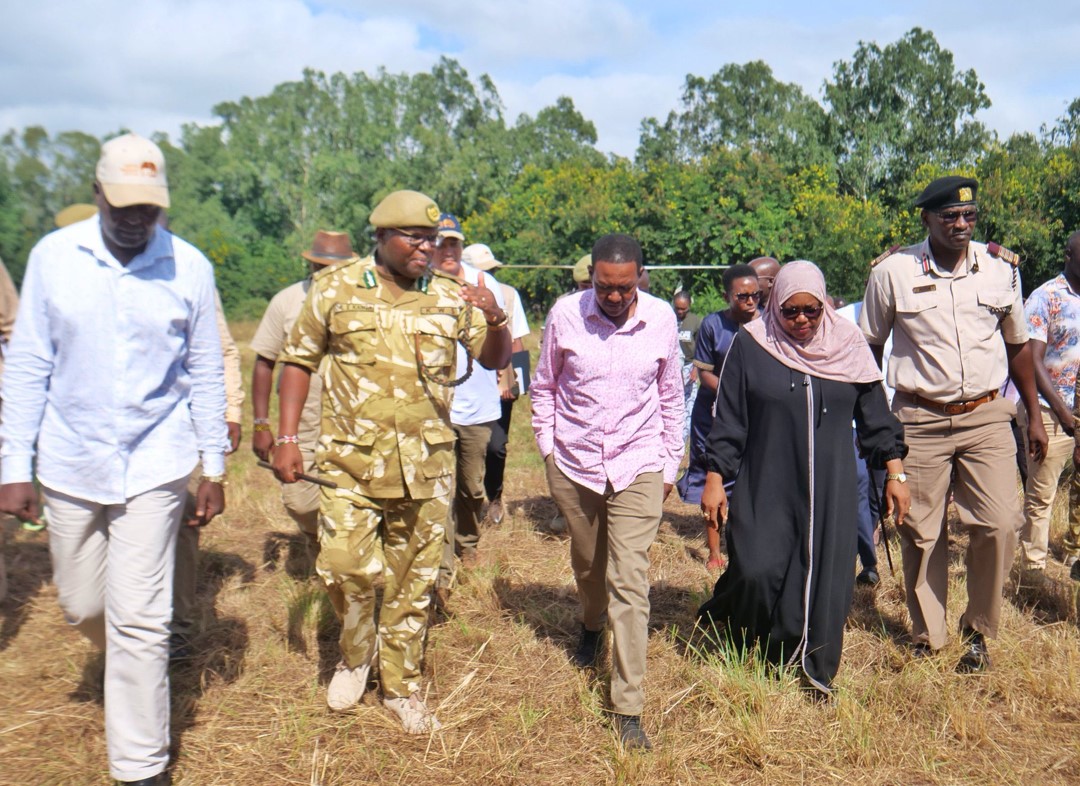 Tourism and Wildlife Cabinet Secretary Alfred Mutua is welcomed by Kwale Governor Fatuma Achani during the World Wildlife Day celebrations at Shimba Hills National Reserve on March 4, 2024. (Photo: Ministry of Tourism and Wildlife)
Tourism and Wildlife Cabinet Secretary Alfred Mutua is welcomed by Kwale Governor Fatuma Achani during the World Wildlife Day celebrations at Shimba Hills National Reserve on March 4, 2024. (Photo: Ministry of Tourism and Wildlife)
"My people have been killed, others injured and their property destroyed by the wild animals and no tangible compensation is availed. It's upon the ministry to come up with the solution," Achani said.
The governor reiterated her dedication to collaborating with the KWS to build dams and water pans near areas where residents reside close to parks, to mitigate human-wildlife conflicts over resources.
Human-wildlife conflict
During his speech in Kwale, Tourism and Wildlife Cabinet Secretary Alfred Mutua revealed that President William Ruto will soon launch the compensation plan, previously halted in 2020, to provide swift compensation to those affected by wildlife-related incidents resulting in loss of life or property.
Mutua also urged KWS in Kwale County to cultivate strong ties with residents residing near parks to mitigate human-wildlife conflicts effectively.
The Shimba Hills Reserves and Kisite Mpunguti National Park and Reserve are among the conservancies that the governor asked the ministry to fast-track the remittance of the revenues to the county they receive from the parks and reserves annually.
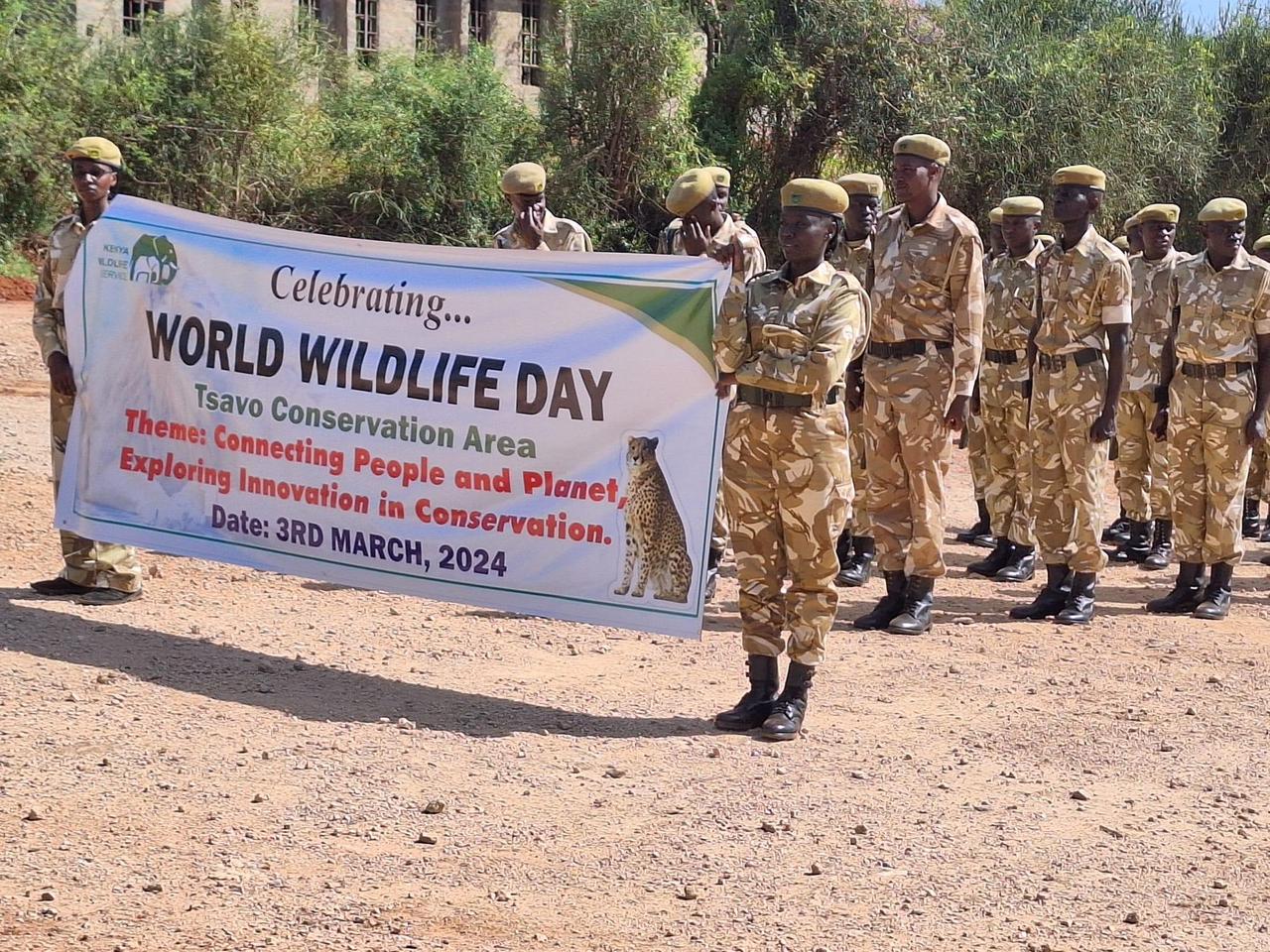 KWS officers during the World Wildlife Day celebrations at Shimba Hills National Reserve on March 4, 2024. (Photo: Kwale County Government)
KWS officers during the World Wildlife Day celebrations at Shimba Hills National Reserve on March 4, 2024. (Photo: Kwale County Government)
In Taita Taveta the County Executive Committee Member (CECM) for Water, Sanitation, Environment, Climate Change, and Natural Resources Grantone Mwandawiro stressed the significance of dialogue in guaranteeing equitable benefit-sharing from Tsavo National Park royalties.
The World Wildlife Day was held at the Tsavo Conservation Area Headquarters in Voi.
“The constitution allows for the National Government and County Government to have meaningful discourse to ensure the realization of the 50-50 revenue sharing model from the park, a vital natural resource occupying 62 per cent of our county,” Mwandawiro said.
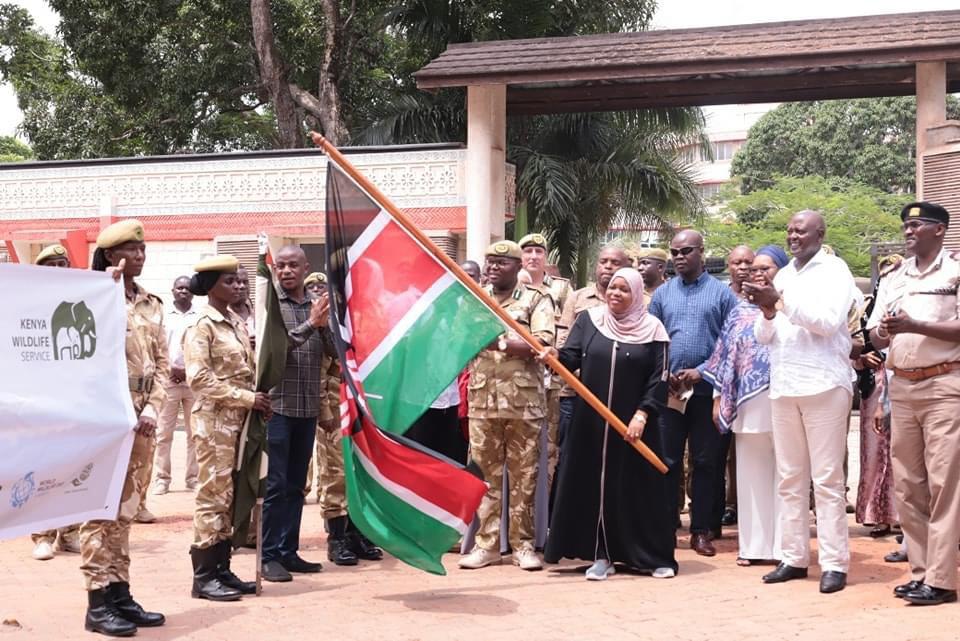 Kwale Governor Fatuma Achani during the World Wildlife Day celebrations at Shimba Hills National Reserve on March 4, 2024. (Photo: Kwale County Government)
Kwale Governor Fatuma Achani during the World Wildlife Day celebrations at Shimba Hills National Reserve on March 4, 2024. (Photo: Kwale County Government)
Assistant County Commissioner James Ole Seneyia underscored the importance of fostering harmonious relationships between community members and the KWS, emphasising the necessity for wildlife and humans to coexist, as wildlife contributes significantly to foreign currency and livelihoods.
KWS Assistant Director Community Wildlife, Josphat Erupe, reassured the public that KWS is fully committed to bridging the gap between people and nature.
He highlighted the implementation of various technologies aimed at wildlife conservation, such as tracking devices for elephants and the use of drones.
Erupe cited Mwambiti and Kajire areas where community-led initiatives have successfully prevented elephants from encroaching into human settlements and the establishment of a buffer zone that enables residents to safely harvest food.
KWS has also formed youth groups to facilitate communication between communities and local wardens, ensuring prompt responses to instances of stray wildlife.
During the event, Climate Change was mentioned as a major threat, escalating human-wildlife conflicts.
Mwandawiro noted the ongoing collaboration with the Water Sector Trust Fund (WSTF) to construct water pans on the peripheries of conservation areas, aiming to alleviate the conflicts.
Top Stories Today
